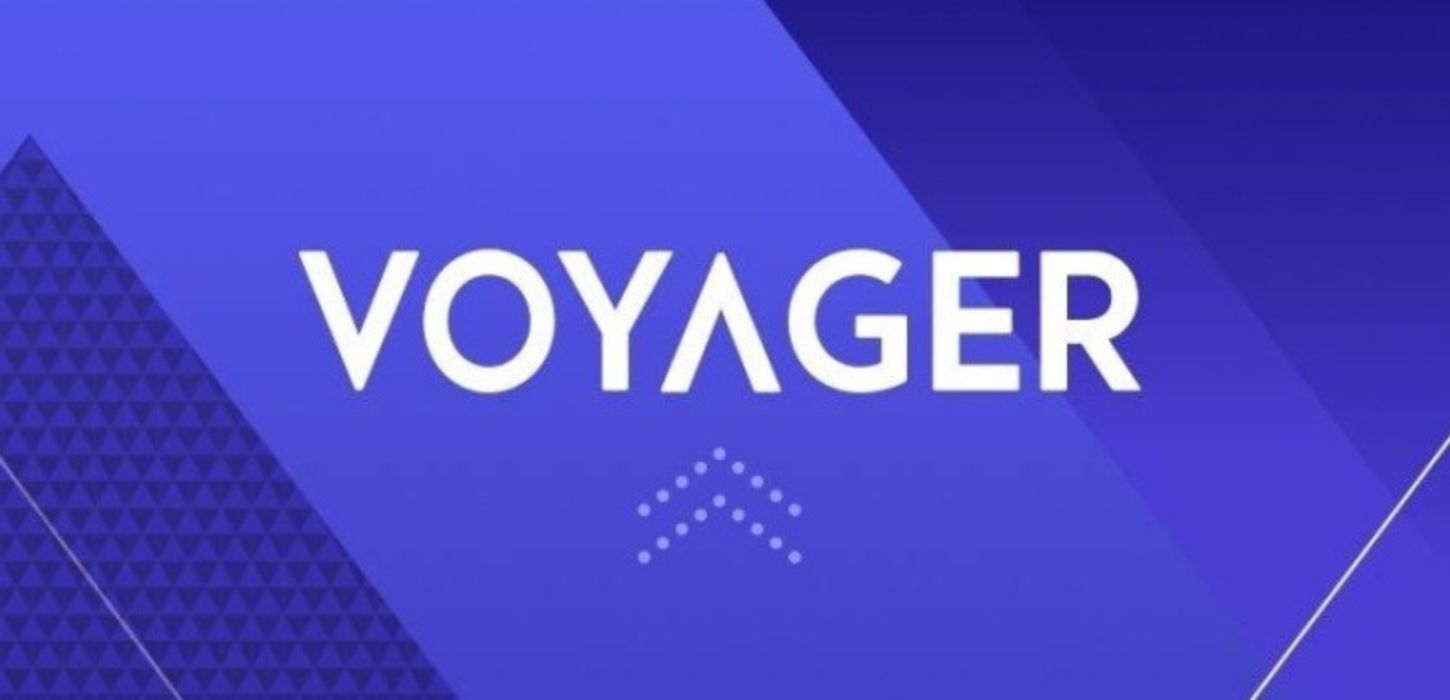Table of Contents
- Initial Approval Given
- Cooperating With Authorities
- National Security Concerns?
- Creditors Back Transaction
Voyager Digital, the bankrupt crypto lender, has received initial court approval for the proposed sale of its assets to Binance.US.
The nod comes amidst an ongoing national security probe regarding the deal between the crypto lender and Binance.US.
Initial Approval Given
Embattled crypto lender Voyager Digital was given initial approval for its proposal to sell its assets to Binance.US in a deal worth $1.02 billion. US District Judge Michael Wiles of the bankruptcy court for the Southern District of New York approved disclosure statements that explained different aspects of the proposed plan to sell the assets on Tuesday afternoon. The judge allowed Voyager to enter the asset purchase agreement. However, the sale also requires approval from all Voyager creditors and will also be subject to another hearing, to be held in March.
Voyager had initially agreed to sell its assets to Sam Bankman-Fried-led FTX. However, the dramatic collapse of FTX saw the bidding process reopened, with Voyager agreeing to a deal with Binance.US in December.
Cooperating With Authorities
Voyager has been looking to expedite a review of the proposal to sell its assets to Binance.US, which could lead to the deal being delayed or blocked. Joshua Sussberg, Voyager’s attorney, noted during the court hearing that Voyager has been responding to all queries arising from the Committee on Foreign Investment in the United States (CFIUS) and will look to address any concerns that the body may have with the transaction. Sussberg stated,
“We are coordinating with Binance and their attorneys to not only deal with that inquiry but to voluntarily submit an application to move this process along.”
National Security Concerns?
The CFIUS is an inter-agency body in charge of reviewing foreign investment and acquisitions of US-based companies, vetting them for any potential national security concerns. Suppose, according to the body, concerns around a transaction are justified. In that case, the body can block the transaction or tell the parties involved in the transaction to alter the parameters of the deal accordingly. CIFUS had, on the 30th of December, filed a court notice referring to the Voyager, indicating that one or more transactions by the company could be subject to a review.
The US Attorney’s office is also probing Binance over allegations of money laundering. However, CEO Changpeng Zhao has stressed that Binance.US is a completely independent entity, with its headquarters in California. Zhao is a Chinese-born Canadian citizen, and CIFUS has the authority to review any transactions that could see a US business come under the control of a foreign entity.
Creditors Back Transaction
The Voyager Official Committee of Unsecured Creditors, a body that represents creditors that have no security interest in Voyager, has come out in support of the transaction in its current form. The body noted that the deal would help in greater recoveries for creditors instead of Voyager liquidating its holdings itself. However, this remains an option if CIFUS blocks the transaction with Binance.
“We do not want to delay getting money getting crypto back into our customers’ hands. Importantly ... we also took a very hard look at a standalone self-liquidation ... the self-liquidation auction is not an option that is going to put the most money in our customers’ pockets.”
Voyager has rebuffed previous objections to the proposal from a host of entities, including Alameda Research, The Securities and Exchange Commission, four US States, and the US Trustee. Voyager has repeatedly stated that the transaction with Binance.US is in the best interest of its creditors, and any objection to the deal fails to “put forward any factual or legal support” for its arguments.”
Disclaimer: This article is provided for informational purposes only. It is not offered or intended to be used as legal, tax, investment, financial, or other advice.
Investment Disclaimer










